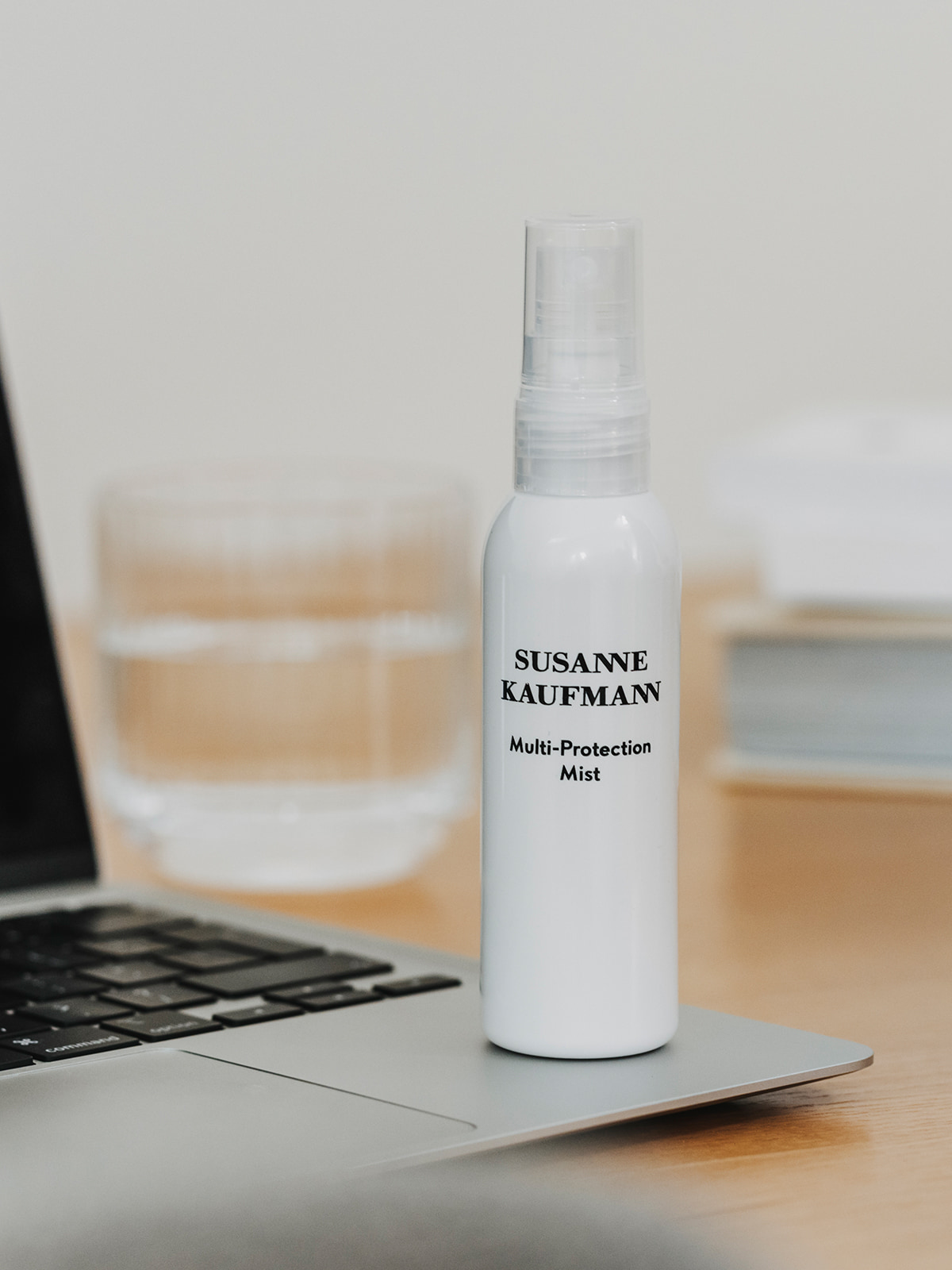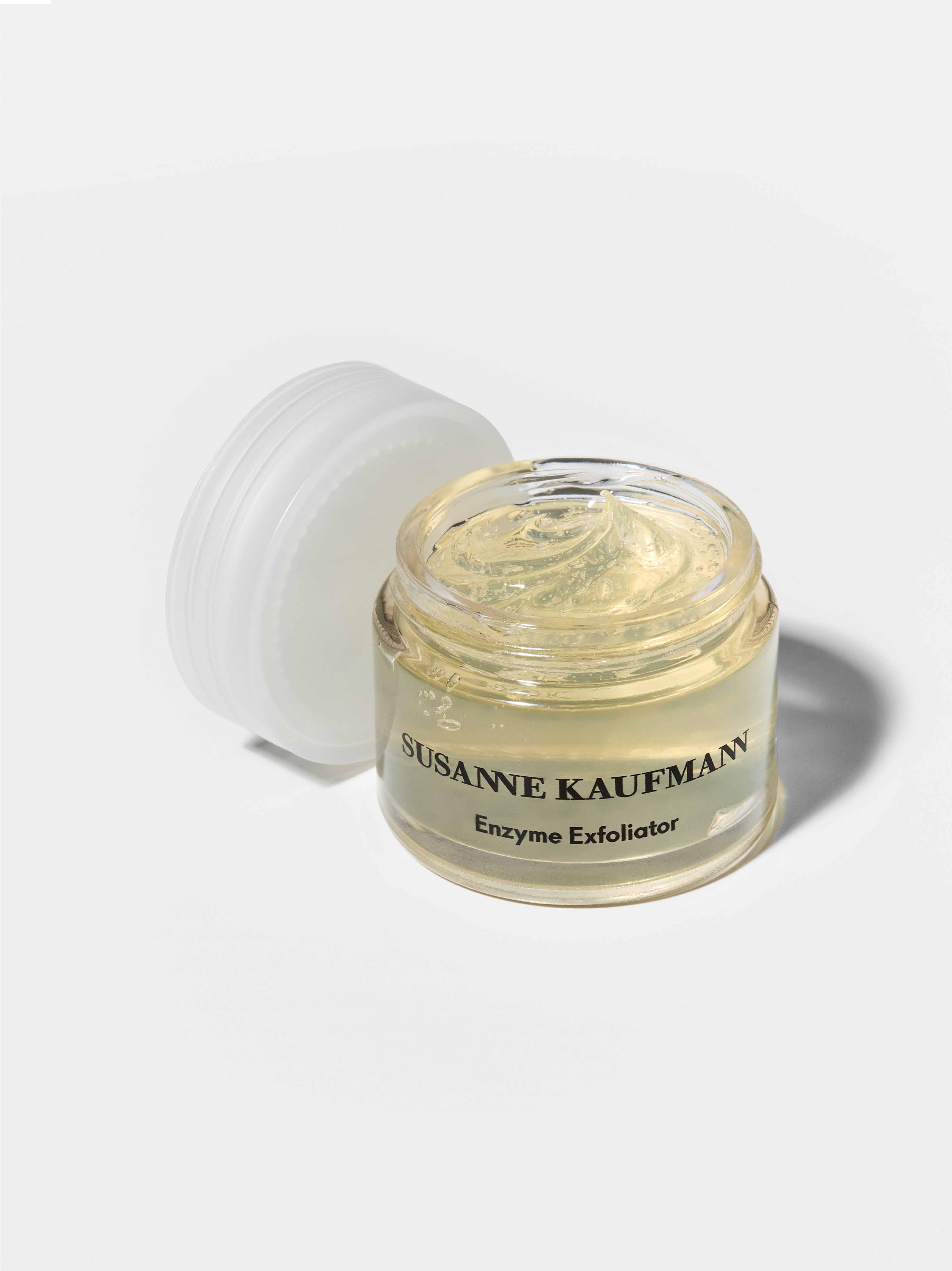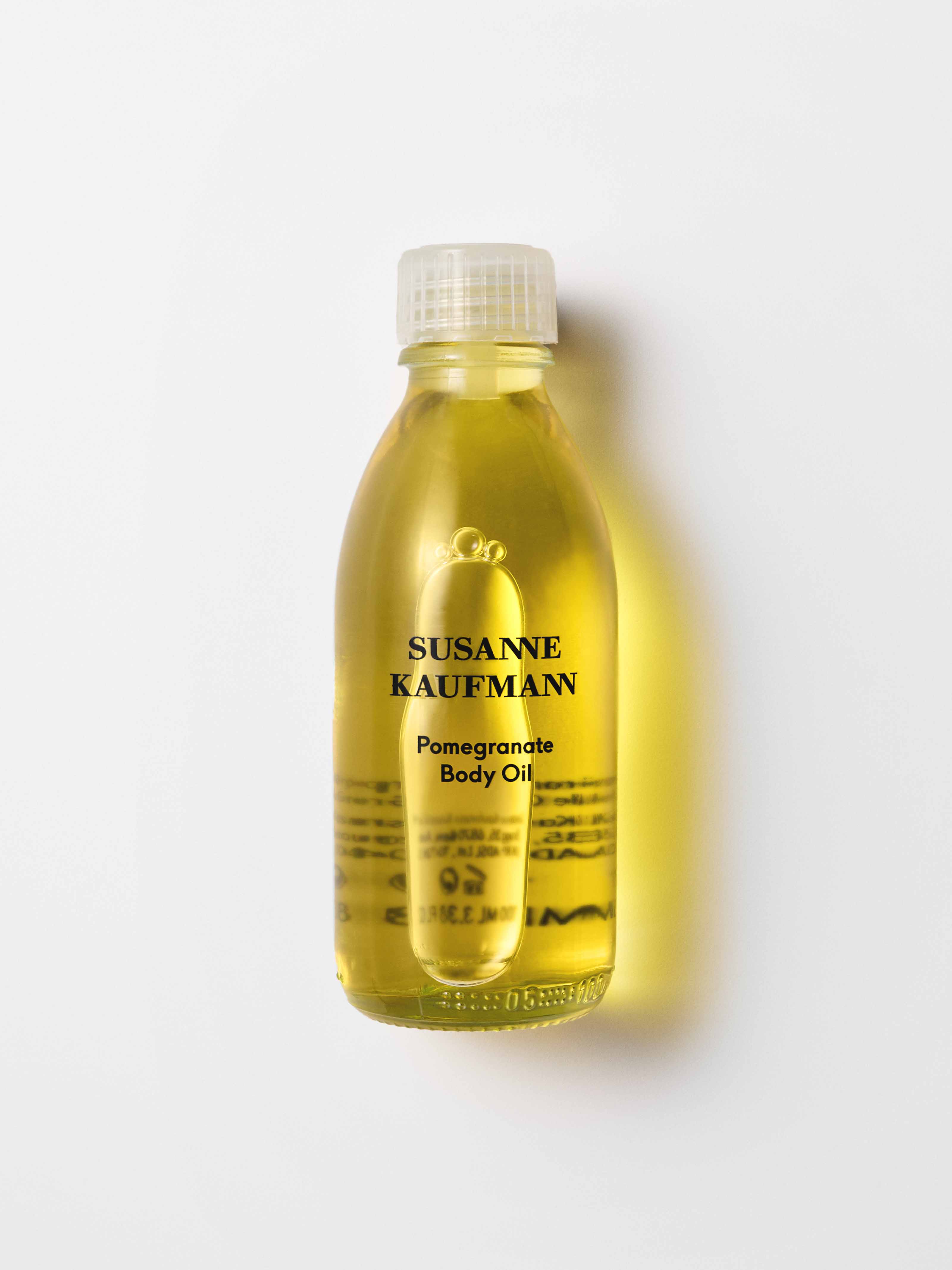What Is PCR Plastic and Why Is It a Good Solution for Sustainable Packaging?


Responsibly sourced, sustainable packaging has been at the heart of our philosophy from the beginning.
Our dedication to leaving a lighter footprint on our planet means we have an ongoing commitment to sourcing pioneering sustainable packaging materials. Whether it's our signature glass bottles, made from recyclable glass sourced in Germany, or our innovative refill system made from 75% post-consumer material (rHDPE), we work hard to ensure every element of our packaging is sustainable as possible. Join us on our sustainable journey and learn how our PCR plastic and sustainable innovations are kinder for our Earth.
Shop Our Refillable Skincare CollectionWhat does PCR stand for?
PCR stands for Post-Consumer Recycled material or Post-Consumer Resin. These are recycled plastics referred to as rPET (Recycled Polyethylene Terephthalate), rPP (Recycled Polypropylene Plastic) and rHDPE (Recycled High-Density Polythene).
What is PCR plastic?
PCR plastic is made from recycled plastic that can be widely recycled and then reprocessed into a resin, used to create new packaging. Giving packaging a second life, this process reduces the amount of plastic waste.
How is PCR plastic made?
Plastic waste is collected and colour-absorbed, then shredded into fine granules. These are then melted down and reprocessed into new plastic.
What are the benefits of PCR plastic?
Many benefits come with using PCR plastic. This type of plastic is less wasteful than new plastic, as a reduced amount of waste is produced and collected, creating less waste in landfills and water sources. PCR plastic also reduces your carbon footprint for a more positive impact on our Earth.
Does PCR plastic have disadvantages/limits?
During each recycling process, the materials can begin to lose their substance/quality, which is why there are high-grade recyclates and low-grade recyclates. As well as this, not all PCR plastic can be recycled, depending on its use.
Can PCR plastic be recycled?
Yes, PCR plastic is recyclable depending on how it is used. At Susanne Kaufmann, all of our PCR packaging is 100% recyclable.
How many times can PCR plastic be recycled?
PCR plastic is a circular material, so it can be recycled after use. You can safely recycle PCR plastic approximately seven-to-nine times.
Is PCR plastic biodegradable?
No, PCR plastic is not biodegradable. Biodegradable packaging naturally breaks down into non-toxic component substances once consigned to a compost heap. PCR packaging has already achieved the goal of sustainability before the consumer even purchases it, with no need for further reprocessing.
What is the difference between PCR and other eco-friendly packaging?
There are many different eco-friendly packaging options out there, such as recyclable packaging and biodegradable packaging. When looking at recyclable or recycled plastic, recyclable plastic needs to be a 'one material plastic' and not a mixture of different plastics to be considered 100% recyclable. For example, if you have a refill packaging with a cap-closure and this cap is made from another plastic, it would not be considered 100% recyclable. For this reason, we created our unique capless design, reducing the number of plastic materials needed and ensuring the packaging is 100% recyclable. Additionally, our secondary packaging uses 100% recyclable paper.
Our 100% Recyclable Refill System
We recently launched our 100% recyclable refill bottles for our best-selling 250ml cleansing products: Purifying Cleansing Gel, Hair & Body Wash, Invigorating Hair & Body Wash, Hand Soap, Soothing Cleansing Milk and Soothing Toner. Each recyclable refill not only helps reduce landfill waste, but also cuts carbon emissions by 69%. Made from 75% post-consumer material, it is 60% lighter than standard plastic bottles making it our most environmentally friendly packaging ever. We believe that sustainability is a never-ending journey and promise to continue to explore opportunities to reduce our environmental impact in the long run. We are committed to this philosophy and plan to expand our scope by adding more products to our refill system.
Our Multi-Protection Mist
Our Multi-Protection Mist is made from 100% recycled post-consumer material and is packaged in FSC-certified paper that is fully recyclable. Embracing our commitment to sustainable manufacturing, this is the next step towards even more sustainable product design.
Sharing Our Sustainability Commitment with You
At Susanne Kaufmann, we believe that we all have a part to play in looking after our planet and our sustainable packaging efforts go a long way in helping to reduce carbon emissions and waste. However, when it comes to recycling, we need to create a partnership between you and us. Thank you for joining us on this journey.
Learn more about our sustainable packaging




































